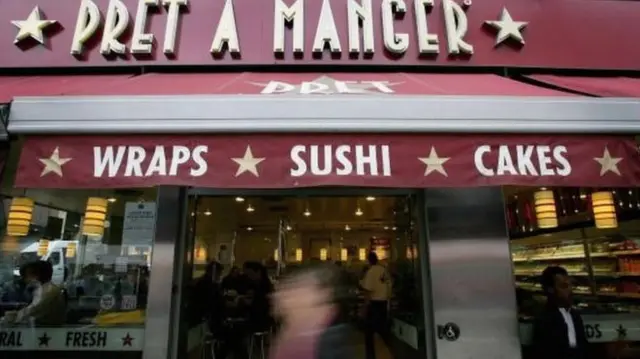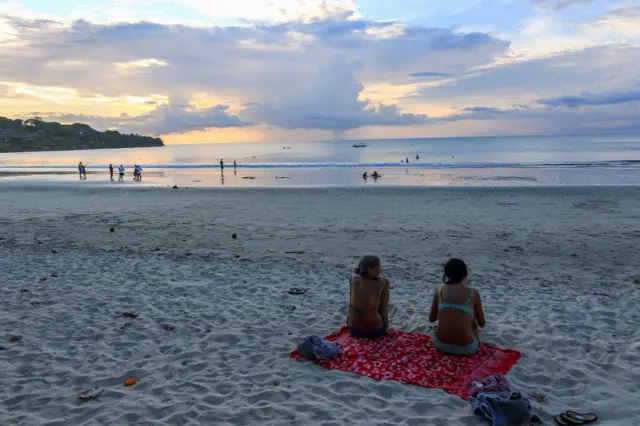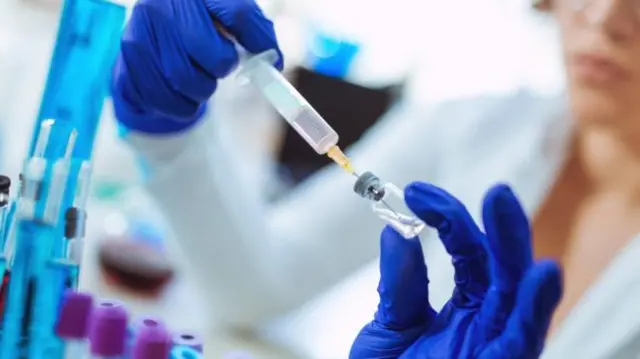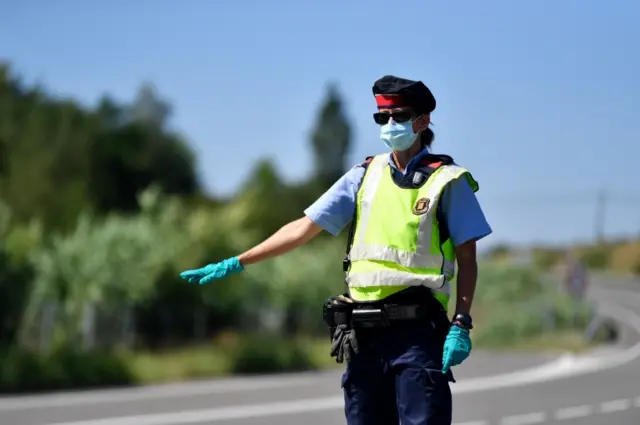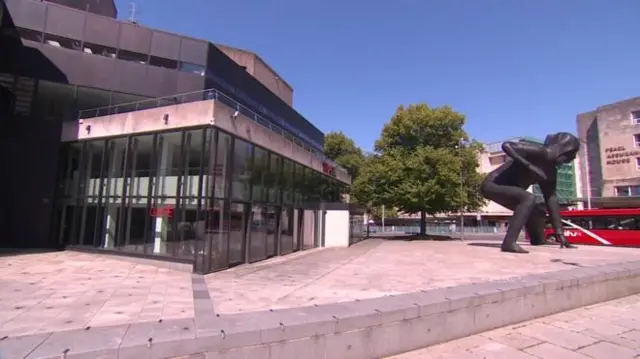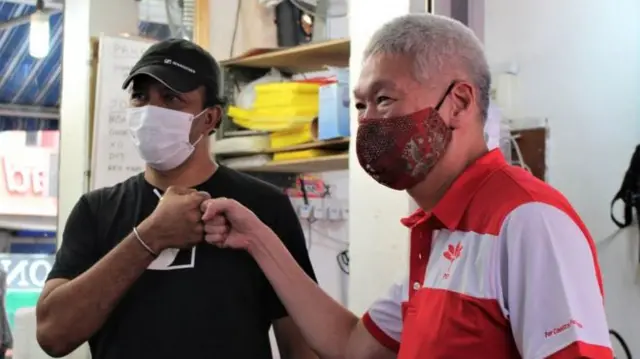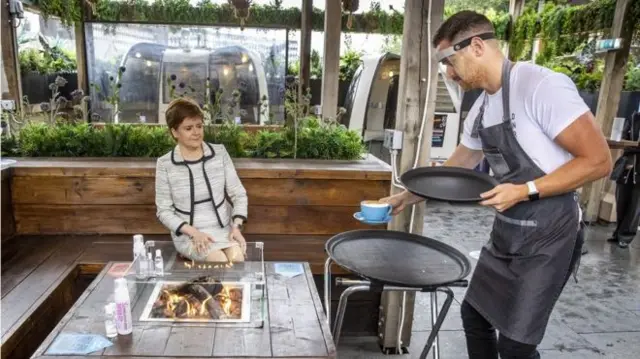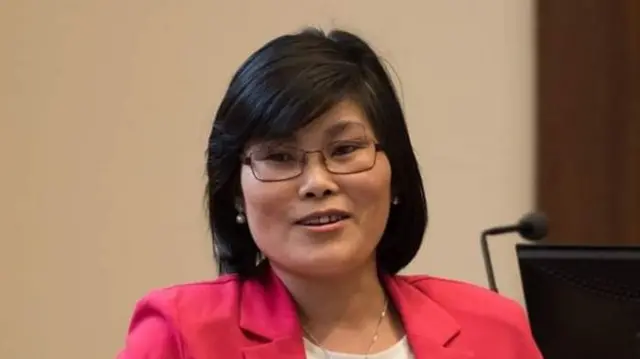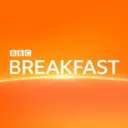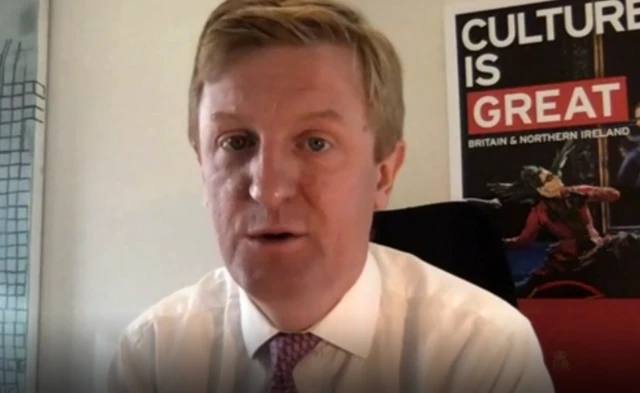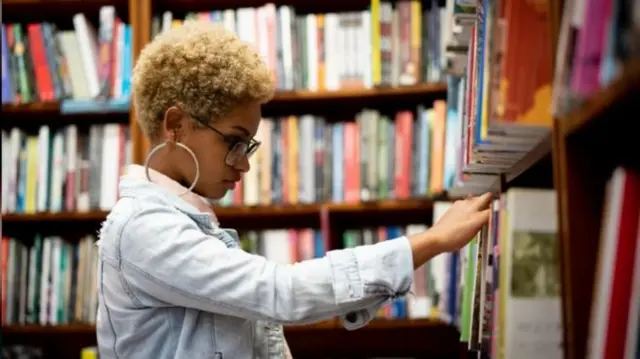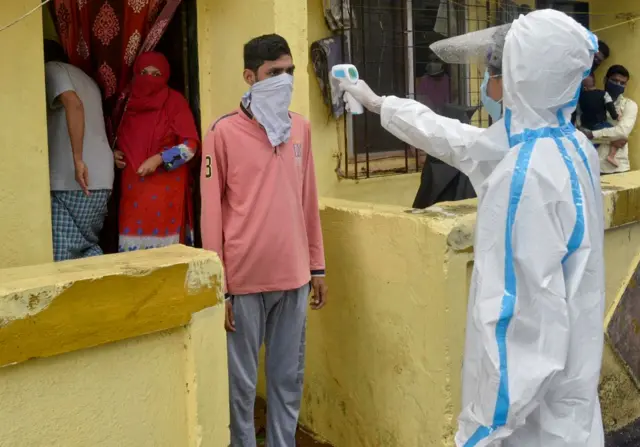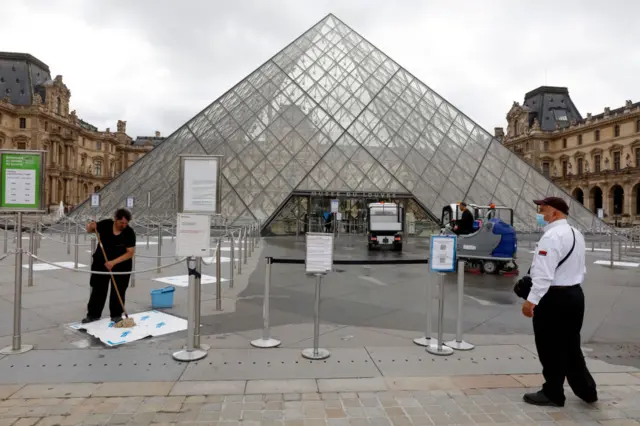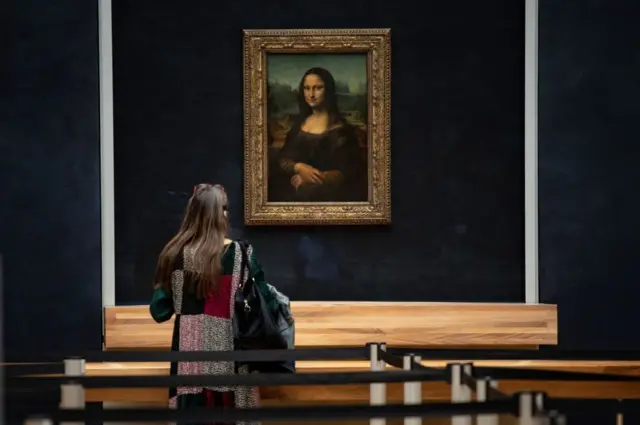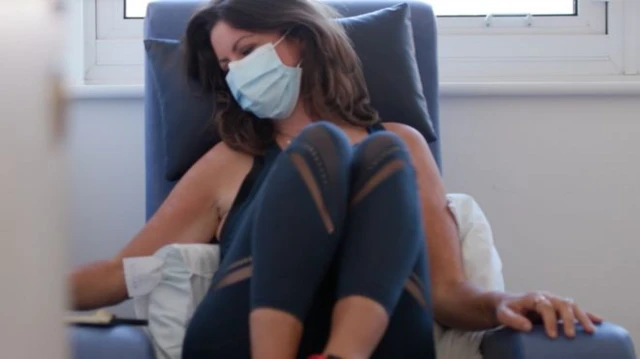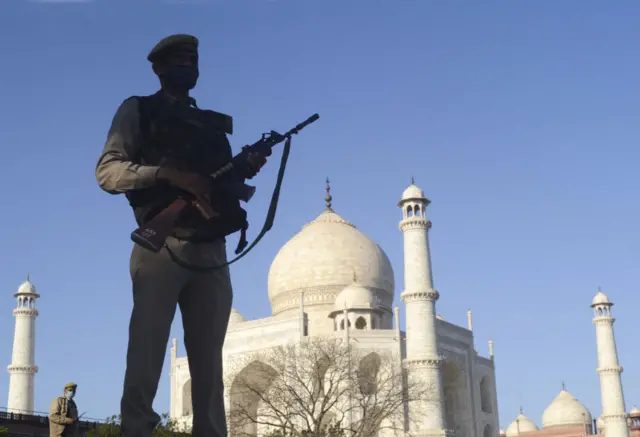How close are we to a vaccine?published at 11:28 BST 6 July 2020
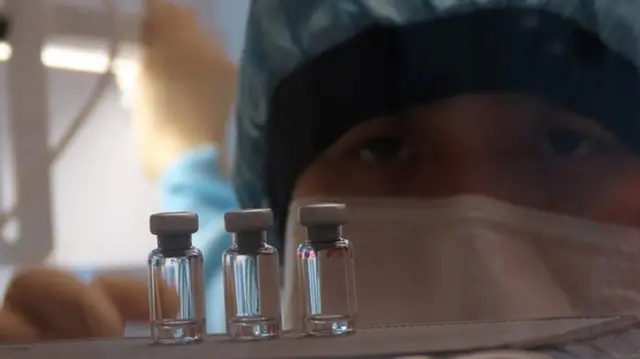 Image source, Reuters
Image source, ReutersAs we reported earlier, an Indian medical council had hoped to have a vaccine available for public use by mid-August - which a group of Indian scientists has now dismissed as unrealistic.
So where are we in the global search for one?
A vaccine would normally take years, if not decades, to develop, but scientists across the world are doing their best to fast-track efforts.
Right now there are around 120 vaccine programmes under way. Oxford University and Imperial College London have both started human trials.
In terms of when one might become available, some health officials have expressed optimism that a vaccine will be in production by the end of 2020 or early 2021. Others say that later in 2021 is more likely.
But on Sunday, the head of the US drugs regulator cast doubt on the prediction that a vaccine will be ready this year.
The top infectious diseases expert in the US, meanwhile, said the safety and effectiveness of a vaccine against Covid-19 should be known by "early winter".
